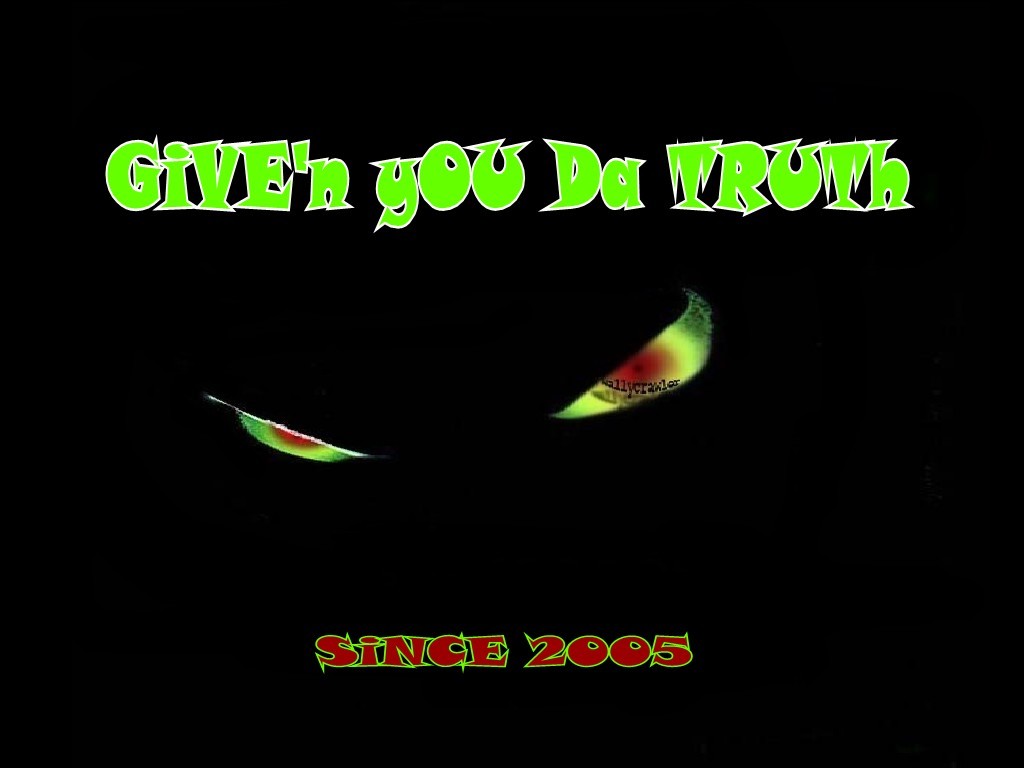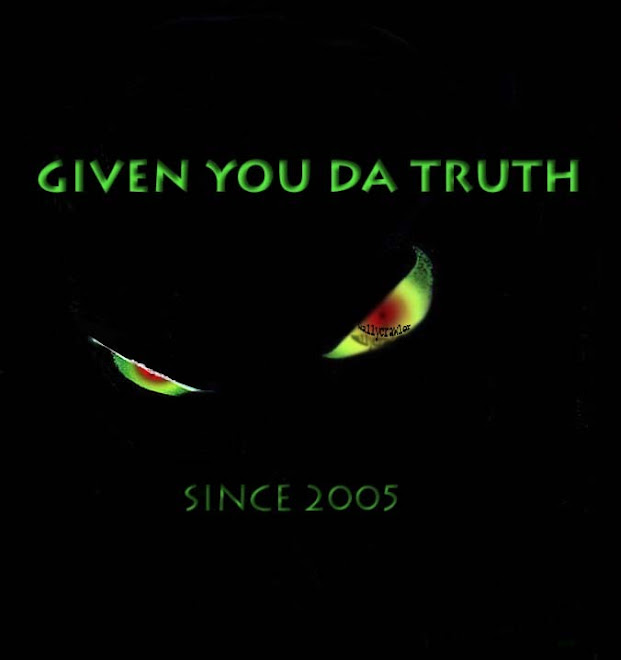In Brazil, maybe – but not in North America, not in Canada. "This (rise in sugar) has absolutely nothing to do with ethanol, particularly in Ontario," said Field, lamenting the spread of information that most proponents of ethanol blame on the oil and food lobbies. Lack of monsoon rains in India had helped put a squeeze on global sugar production, pushing prices up more than 74 per cent this year. But sugar fell yesterday for a second day in London on speculation recent rain in India will improve prospects for the harvest in October. White, or refined, sugar for October delivery dropped $1.20 (U.S.), or 0.2 per cent, to $551.80 a tonne in London on the Liffe exchange. The contract has dropped 6.5 per cent from last week's $589.90, the highest price since at least 1983.
Most of the ethanol produced and used in North America comes from corn, not sugar, said Field, whose company buys about 60 million bushels of corn a year. "Fact is, there's lots of corn, so the price of ethanol is not going to go up. If anything, it's going to be lower." The U.S. Agriculture Department said last week the United States is expected to have its second-largest corn crop this year, with farmers harvesting 12.76 billion bushels. That's up 5 per cent compared with 2008. When last year's leftover stock is added, the total U.S. corn supply will swell to nearly 14.5 billion bushels – the highest level on record. Ethanol producers will use up about a third of that corn to meet a U.S. mandate this year that 10.5 billion gallons of ethanol be blended with vehicle fuel, a requirement that climbs to 12 billion gallons in 2010. (Across Canada the mandate is 5 per cent of all vehicle fuel) Even with a 15 per cent increase in the number of corn bushels used this year for U.S. ethanol production, a year-end surplus of 1.62 billion bushels is expected. "Where's the food-for-fuel debate?" said Field. "There's no shortage."
To counter concerns that producing ethanol from corn is too energy-intensive, doesn't do much to reduce greenhouse gases and leads to higher food prices by diverting land away from food crops – claims many call alarmist – the biofuel industry is developing a second-generation ethanol that's made from agricultural, forest and even municipal waste. So-called cellulosic ethanol requires far less energy to make and doesn't compete with food. The technology exists; the challenge for the industry is to drive down the cost. Greenfield, for example, is part of a joint venture in Edmonton that is turning plastics and paper fibres from municipal solid waste into ethanol. The company has also built a pilot plant in Chatham that can convert corncobs into ethanol.
"The results are phenomenal," Field said.
He estimates that using corncobs alone could increase the yield of one of his existing corn ethanol plants by up to 25 per cent.
Source: The Toronto Star.
It's about time to switch our think'n and sooner is better than later.
Wally.












5 Don't Just Sit There Say Sumthin !:
I'm still leaning toward algae being the best alternative for future fuel.
I thought baked beans produced plenty of fuel.
Heff funny you said that. I stumbled on a few pages about bio-fuels and algae popped up. I'm kind'a torn about fuel companies harvesting the sea??? But there is tons of algae that is killing lakes all over North America from run-off of farms that send nitrogen into rivers and lakes. If we could get small farmers to harvest this algae that would work great. Clean up the environment and make a bio-fuel.
As fer ethanol. Most of the product is made from straw in Canada. That and hay, corn cobs, corn stocks... Really the garbage that farmers would just plow over. This residue leaches into the soil and creates "tannins". This tea like substance stains the water in aquifers. So it's a win, win benefit to the environment to take this product out of the soil and make fuel.
Some people say the creation of vegetable based fuels creates carbon. The truth is: Everything is carbon. We are not creating carbon. We are just changing it's form.
Man what the fuck am I talk'n about? Fuck I'm tired, I just go off when I'm whupped out!
Anyhoo... Yup algae would be a good source fer fuel if we watch who's harvesting it and where it's be'n harvested.
__________________________________
Jag have a good holiday this come'n week baby.
Anytime you want to make me some beans. I'll be glad to come over and creates some gas fer ya.
That would be my pleasure beautiful.
The gov't here has been paying farmers to grow corn for years. Then the gov't had to figure out what to do with all the surplus and now it appears in almost everything as various compounds, extracts, and hydrolyzed products.
Ya Kid it makes ya fatter than a hatter!
Corn is anything but a good food source. I never knew how much carbohydrates (Sugar) was in da stuff until my daughter became diabetic. Indians maybe gave us a food that will kill us in the future? That would be payback eh?
Corn in small portions is fine, but putting it in everything is making the world' population huge!
Post a Comment